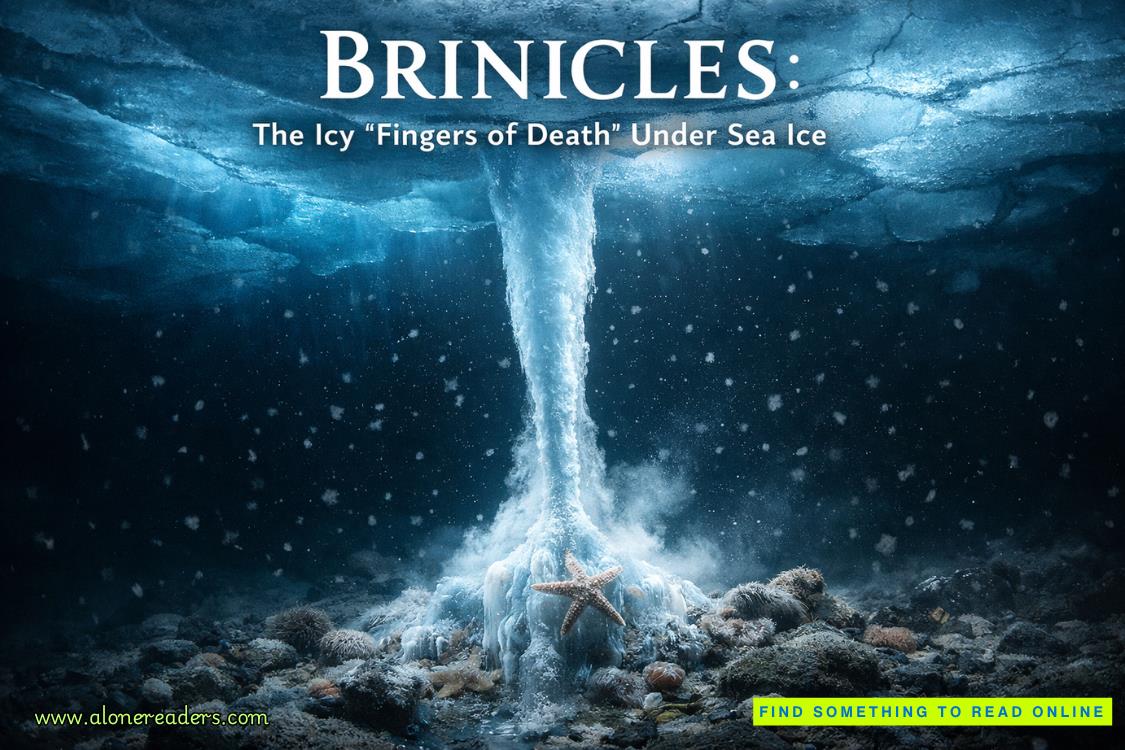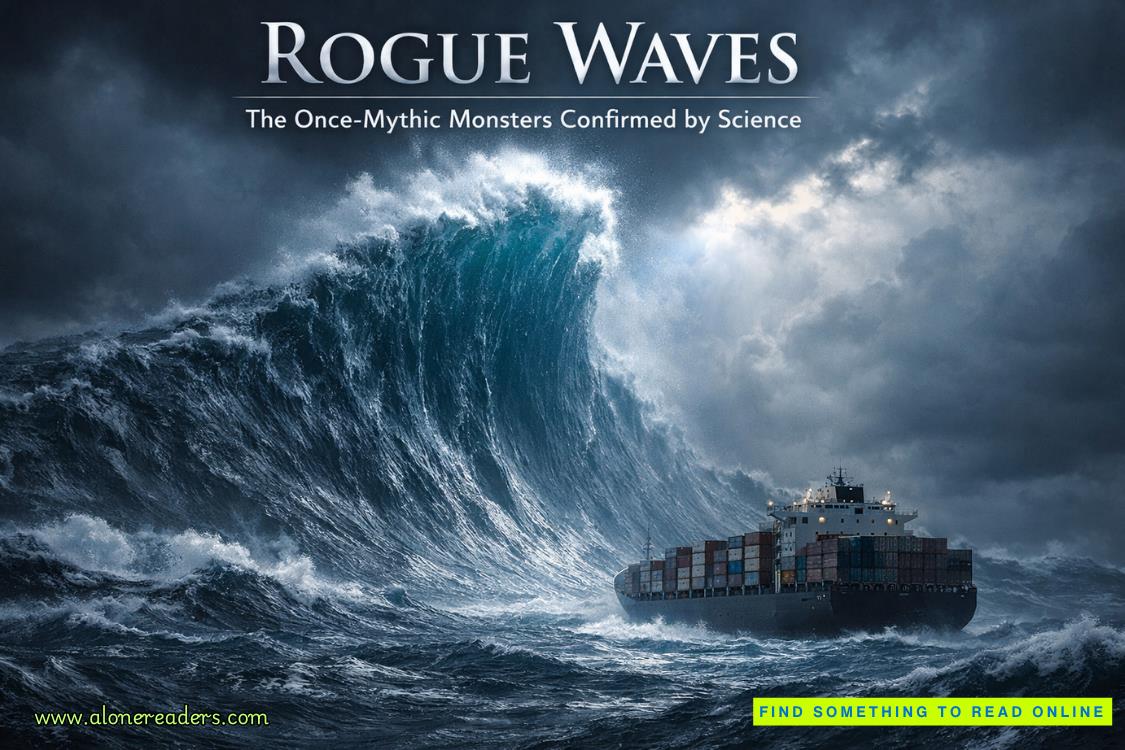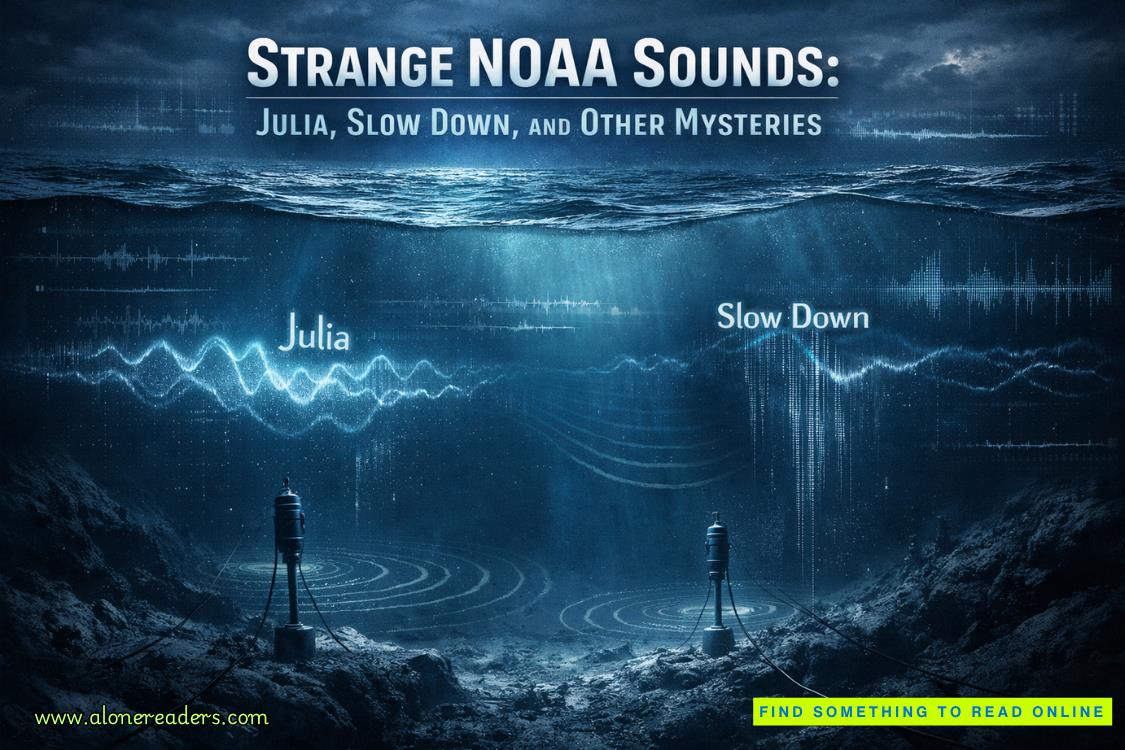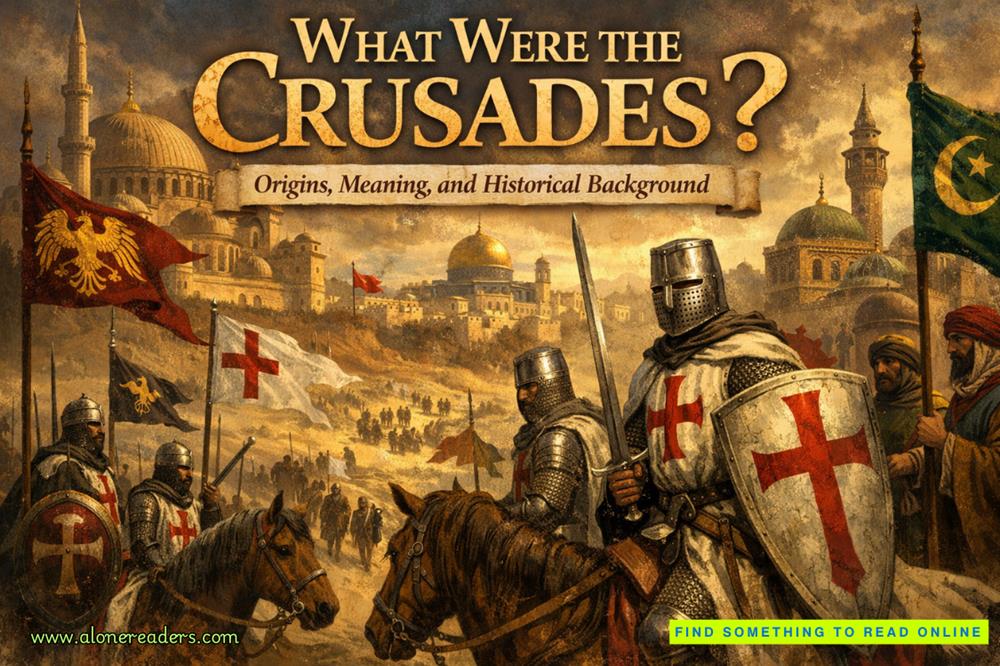She would go insane if she didn’t take a lover soon and get Westman out of her mind.
She lifted another book, studied it, and set it aside.
Focus on the treasure, Josie. Remember what’s important.
She picked up another book, trying her best to focus. There was no title. She couldn’t remember if any of the other books had had titles or not, so she hoped this was the first. She flipped the book open, and then almost fell off the ladder.
“Westman,” she said, her voice low and breathy with excitement.
“What’s wrong?” He was already halfway to her. “Do you feel faint? You should lie—”
“Oh, stubble it, Westman. I found another journal.” Like the first, it was small, barely bigger than her hand, and made of tattered leather and yellow pages.
Together, they searched and found three more—identical to the first—and since Josie wasn’t about to be last to know this time, she made Westman promise to read them with her.
After restoring the book room to rights and closing the drapes over the broken window in the music room, they went back to Westman’s town house. An hour after their arrival, they had their heads together, leaning back against his couch, reading the journals aloud.
Josie had never known James Doubleday, and the more she read, the more she wished she had. He was amusing and passionate and unconventional in just the sort of way a man should be. Until his son Jamie had been born, his wife Margaret had sailed the open seas with Doubleday and Josie’s grandfather.
Even after Doubleday had been made an earl, he’d taken his countess with him. The lovely Maggie could shoot, swear, and steal with the best of the pirates. And James knew her value. He never tried to hold her back because she was a woman, and it wasn’t until after the birth of their son, that she asked to stay behind. James had wanted her— had wanted them both to go with him—but he knew that Jamie meant more to her now than any adventure on the sea.
Josie found herself looking forward to the arrival of Westman’s grandmother in Town. She’d like to meet the adventurous Maggie.
Josie’s own grandfather was mentioned often, but the tidbits were rarely personal. Josie knew enough to fill in the lines. Her grandfather’s marriage had been more conventional. Her grandmother had never been on The Good Groom. Sometimes, before her grandmother’s death, Josie liked to think that her grandmother pretended her husband had never had a career as a pirate. She’d certainly never discussed it with her granddaughter. Whenever Josie had mentioned the treasure or pirating, her grandmother had given her embroidery to do and told her to practice.
Josie had sat with needle and thread as long as she could and then ran to play with the wooden cutlass her grandfather had made her brothers— the cutlass in which the boys promptly lost interest but which she cherished.
Throughout her childhood, Josie wanted to be a pirate. Now, through James Doubleday, her family’s archenemy, she was reliving her grandfather’s adventures all over again.
“This is the last one,” Westman said from beside her. His head and shoulder touched hers, and he was a warm comfort next to her. For the most part, he’d been reading out loud, and that was fine by her. She liked listening to his deep, melodic voice. Liked pretending it was James Doubleday’s.
She set aside the journal and Westman opened the last one, “Twenty-third May 1759,” he read.
Josie closed her eyes. In her mind, she saw the voyage to the West Indies, she could picture the ports where the ship docked to buy supplies and trade goods, and she was there when Nathan Hale and James Doubleday first heard about the Spanish ship, heavy with gold doubloons.
“It’s nothing more than a myth,” Nathan told me after we left the tavern. “There are as many myths of gold and treasure as there are blades of grass in the New World. I won’t sacrifice the cargo we have to chase after dreams.”
I followed through the winding alleys back to the rowboat, where One-Eyed Jack and Scaggs were waiting for us. It was hot and the harbor was full of the smell of dead fish and rotting fruit. But on the breeze coming down from the mountains, I could smell other things too—the perfume of the doxies, the campfire where a black man fried a fish for dinner, the damp, cool air up in the hillsides. And I could hear the tropics, which are never quiet as people in London imagine. Insects buzzed, birds sang, and the waves lapped at ship and shore.
When we were in sight of our men, I put my hand on Hale’s shoulder. I wanted to say my piece before the men could hear. One-Eyed Jack, in particular couldn’t be trusted.
“I have a feeling about this one, Nate. Now, I don’t say that often, and I don’t say it lightly, but I’m saying it this time.”
He was listening, but I could tell he was none too happy, so I said, “If I’m wrong about this one, if there’s no Spanish treasure ship heading this way, then I’ll give you my share of the profits on this voyage for putting up with me and going out of your way.”
Now he was really listening. Hale was a shrewd businessman, never one to pass up a good bargain.
“And if there is a ship?”
“And we manage to take her? We split the treasure right down the middle. There’s no losing here, Nate.”
“Not unless we get blown out of the water,” he said.
But I knew then that I had him.
Westman stopped reading, and Josie looked up at him. “Would it be terrible of us to skip to the end?” she asked.
He chuckled. “Don’t tell me you’re one of those people who reads the last page first.”















